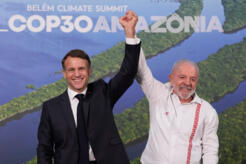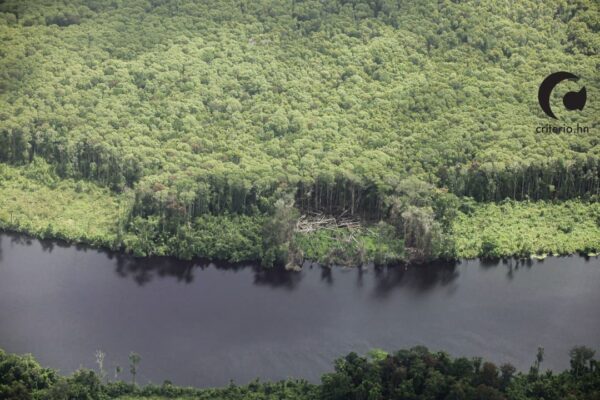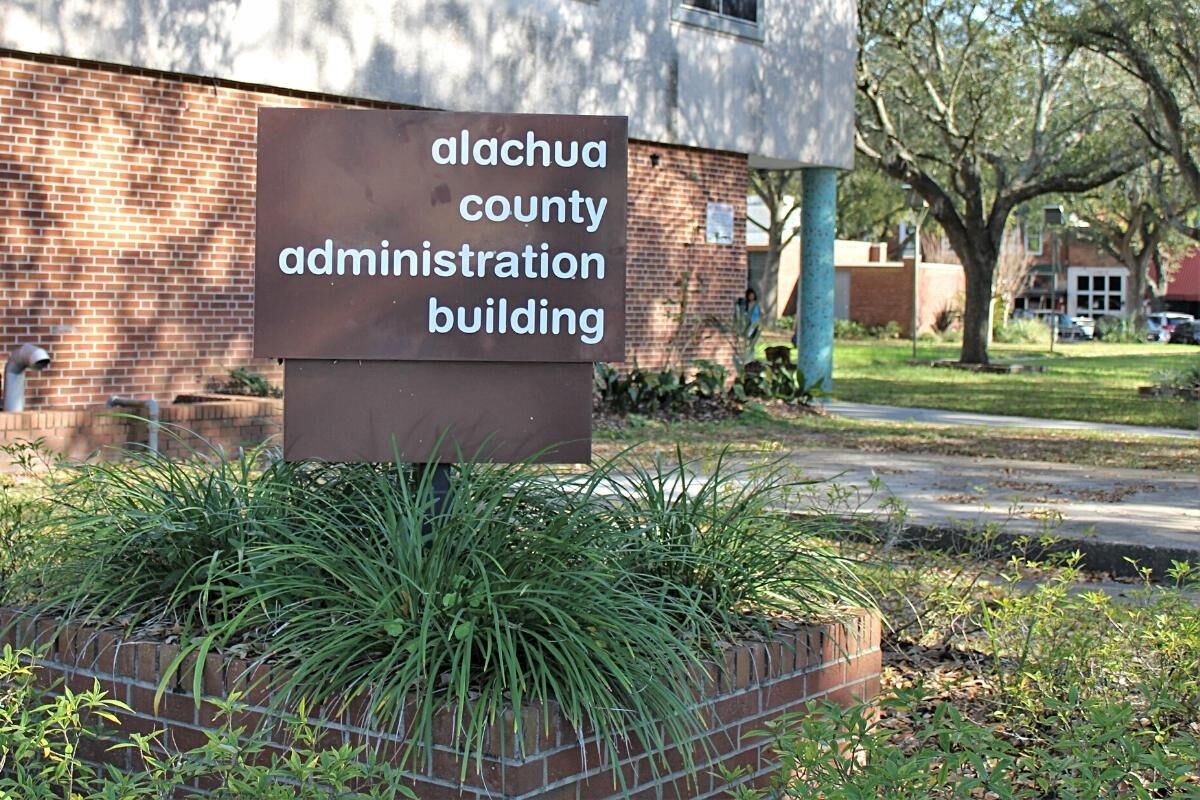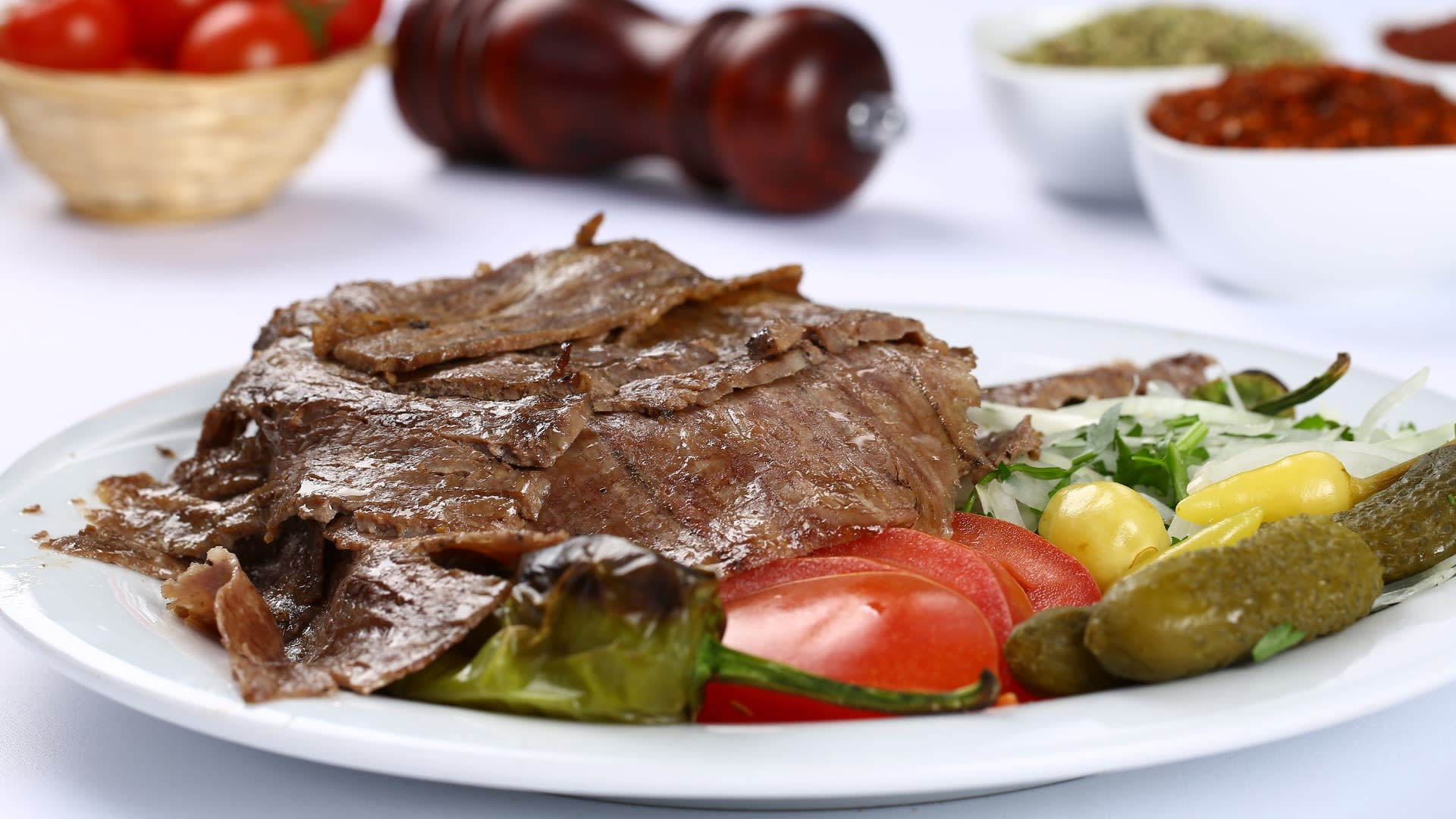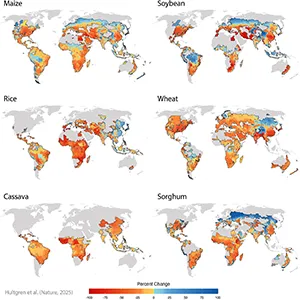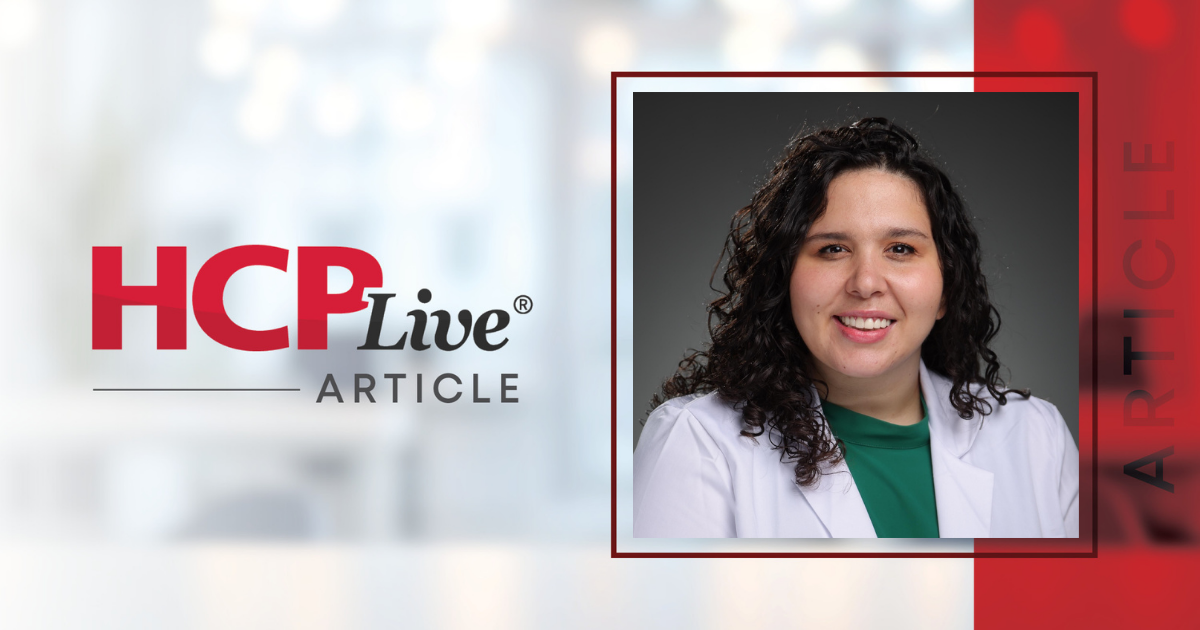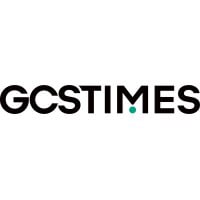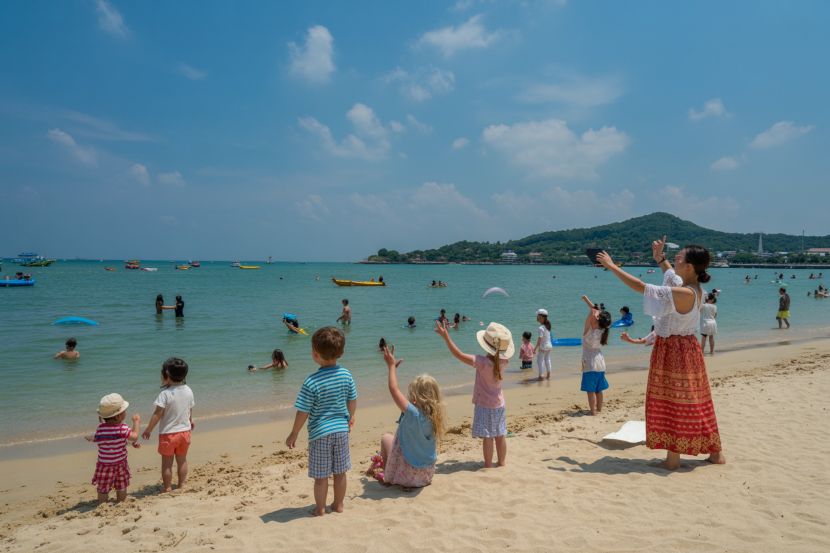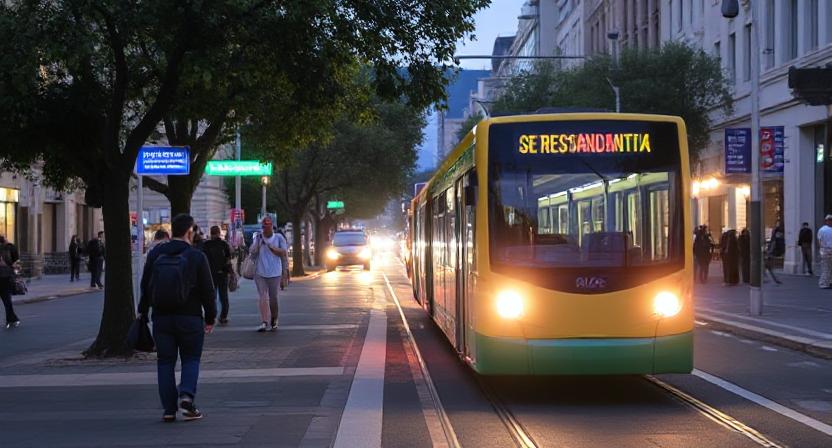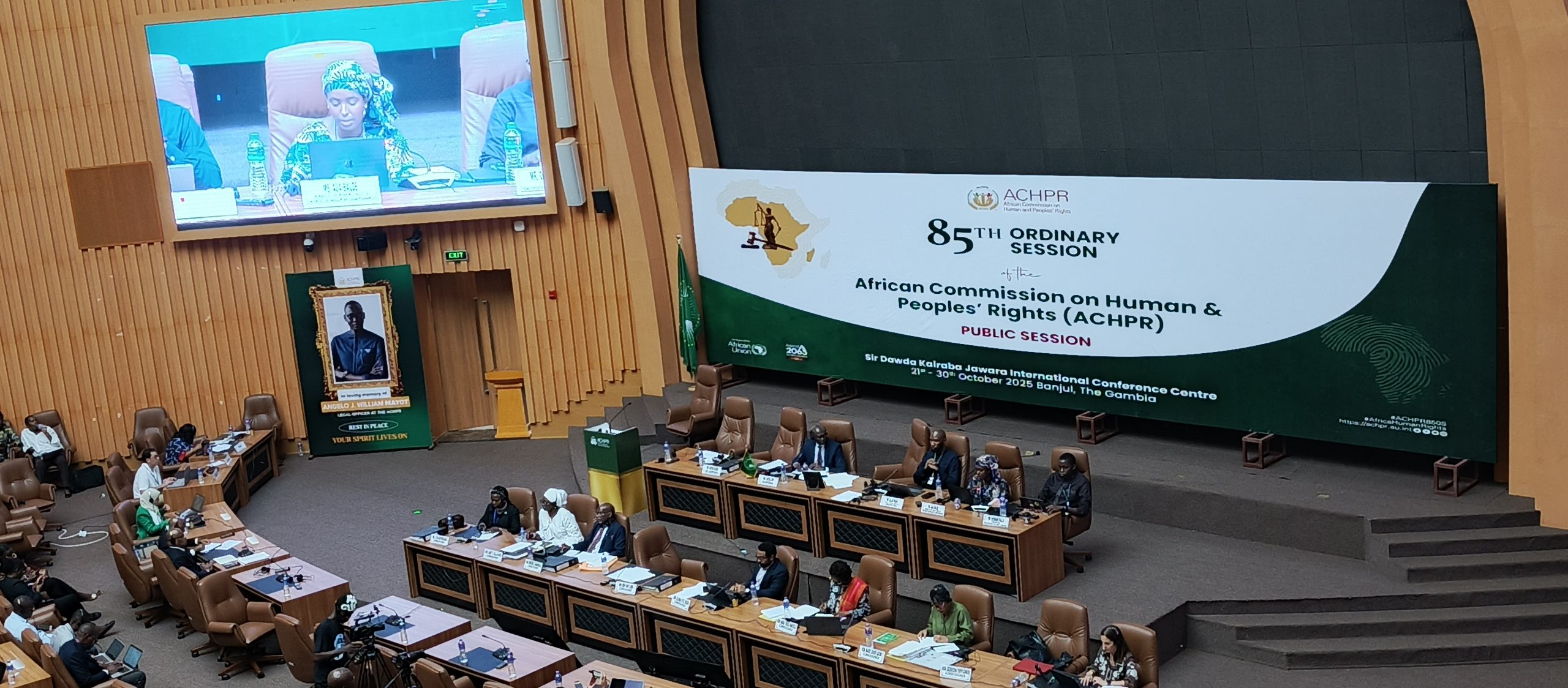29 human rights wins to be proud of – Amnesty International

Biannual Report on Human Rights Progress and the Sustainable Development Goals: January – June 2025
Introduction
This report details significant human rights advancements from January to June 2025, analyzed through the framework of the United Nations Sustainable Development Goals (SDGs). The following sections outline key developments in promoting peace and justice (SDG 16), achieving gender equality (SDG 5), reducing inequalities (SDG 10), ensuring environmental justice (SDGs 12, 13), and upholding fundamental rights to health, housing, and work (SDGs 3, 8, 11).
Advancements in Peace, Justice, and Strong Institutions (SDG 16)
Progress toward SDG 16, which aims to promote peaceful and inclusive societies, provide access to justice for all, and build effective, accountable institutions, was observed in several key events concerning accountability for human rights violations and the protection of fundamental freedoms.
Afghanistan
- The International Criminal Court (ICC) Prosecutor filed a request for arrest warrants against Taliban leaders for crimes against humanity, specifically gender persecution. This action represents a critical step towards accountability and strengthening international justice mechanisms.
Cameroon
- Dorgelesse Nguessan, imprisoned for participating in a protest against the high cost of living, was released on January 16 following a reduction of her sentence. Her case highlights the importance of protecting the right to peaceful assembly and ensuring fair trials.
Chile
- Two police officers were sentenced to prison in January for the shooting of activist Renzo Inostroza, establishing a judicial precedent for holding state agents accountable for excessive force.
- In May, an army captain was imprisoned for the 2019 killing of Romario Veloz during social unrest, further reinforcing the principle of accountability for human rights violations by state forces.
Saudi Arabia
- Several human rights defenders were released between January and February after prolonged detention for their human rights work and expression, including Mohammed al-Qahtani, Asaad bin Nasser al-Ghamdi, and Salma al-Shehab. These releases address issues of arbitrary detention and freedom of expression.
USA (Sudan)
- The United States imposed sanctions on companies involved in transferring weapons to Sudan and Darfur. This measure supports SDG 16 by aiming to reduce illicit arms flows that fuel conflict and civilian suffering.
Senegal
- The government invited Amnesty International to assist individuals arrested during protests, indicating a positive step towards recognizing the rights of protestors and addressing arbitrary detention.
Serbia
- Following research into the unlawful use of spyware against journalists and activists, digital forensics company Cellebrite halted the use of its equipment by certain Serbian customers. This development marks a significant win for privacy rights and the protection of civil society actors.
Türkiye
- Taner Kılıç, a refugee rights lawyer and former Chair of Amnesty International Türkiye, was acquitted of terrorism-related charges after nearly eight years of judicial proceedings, reaffirming the importance of protecting human rights defenders.
Philippines
- Former President Rodrigo Duterte was arrested on an ICC warrant for crimes against humanity committed during the “war on drugs.” This action is a major development in the global effort to ensure accountability for mass atrocities and provide justice for victims.
Sierra Leone
- Hawa Hunt was freed and cleared of cybercrime charges related to her social media expression, upholding the right to freedom of speech and protecting individuals from politically motivated prosecutions.
Greece
- Seventeen Greek coastguard officers were charged in connection with the Pylos shipwreck, a critical move towards accountability for the loss of over 600 lives and ensuring justice for migrants and refugees.
Council of Europe
- The Steering Committee for Human Rights (CDDH) adopted a report on measures against the trade in goods used for torture and the death penalty, contributing to global efforts to eradicate inhumane treatment.
Ukraine
- An agreement was signed to establish a Special Tribunal for the Crime of Aggression Against Ukraine, a landmark step to ensure high-level perpetrators are held accountable under international law.
Progress in Gender Equality (SDG 5)
Efforts to achieve gender equality and empower all women and girls (SDG 5) were advanced through legal and institutional reforms aimed at combating gender-based violence and securing reproductive and assembly rights.
Algeria
- The government launched concrete measures to combat violence against women, including a national 24/7 helpline and new legal protections, translating policy commitments into tangible actions for gender equality.
Latin America
- In a landmark ruling for women’s rights, a Brazilian court convicted actor Juan Darthés of sexual violence against actress Thelma Fardin. The verdict sets a significant legal precedent for sexual violence cases across the region.
Argentina
- A private health insurer was fined for denying a legal abortion to a woman whose health was at risk. This ruling reinforces reproductive rights as a key component of women’s health and autonomy, aligning with SDG targets on universal access to sexual and reproductive healthcare.
Georgia
- The Ministry of Justice ended the practice of fully stripping detainees during body searches, a procedure condemned as degrading. This policy change protects the dignity of detainees, particularly women protestors who were subjected to the practice.
Türkiye
- The “Saturday Mothers,” who have held peaceful vigils for decades demanding justice for forcibly disappeared relatives, were acquitted of charges related to their protests. The ruling protects the rights of women activists to peaceful assembly and expression.
Efforts to Reduce Inequalities (SDG 10)
Progress was made in addressing inequalities (SDG 10) through actions that protected the rights of indigenous peoples, ethnic minorities, LGBTI individuals, and migrants.
USA (Leonard Peltier)
- The life sentence of Native American activist Leonard Peltier was commuted after nearly 50 years of imprisonment. This addresses a long-standing case concerning the fair treatment of indigenous individuals within the justice system.
China
- Idris Hasan, an ethnic Uyghur man detained in Morocco and at risk of extradition to China, was freed. His release is a victory against the persecution of ethnic minorities and upholds the principle of non-refoulement.
Finland
- The Finnish parliament approved the revised Sámi Parliament Act, strengthening the right to self-determination for the indigenous Sámi people and correcting previously identified human rights violations.
Hungary
- The Budapest Pride march proceeded with approximately 200,000 participants despite restrictive laws, demonstrating powerful public resistance to discrimination and asserting the rights of the LGBTI community to peaceful assembly and equality.
USA (Migrant Rights)
- Alberto, a Venezuelan father separated from his asylum-seeking family, was released from detention and reunited with them, highlighting the importance of family unity and due process for migrants.
- Mahmoud Khalil, a Palestinian student activist arbitrarily detained for his role in university protests, was released on bail, defending the rights of non-citizens to freedom of expression and peaceful assembly.
Upholding Environmental Justice and Corporate Accountability (SDGs 12 & 13)
A significant ruling advanced corporate accountability for environmental damage, aligning with goals for responsible production (SDG 12) and climate action (SDG 13).
Nigeria/UK
- A UK court ruled that Shell can be held liable for historical oil pollution in the Niger Delta, a landmark judgment for environmental justice that opens the door for affected communities to seek reparations.
- The Nigerian government pardoned the “Ogoni Nine,” activists executed 30 years ago for campaigning against oil pollution, acknowledging a historic injustice linked to environmental activism.
Securing Rights to Health, Housing, and Decent Work (SDGs 3, 8, & 11)
Advancements were recorded in securing access to adequate housing (SDG 11), essential healthcare (SDG 3), and fair labor practices (SDG 8).
Benin (SDG 11)
- Authorities issued a public call for individuals forcibly evicted for tourism development to come forward for compensation, representing a step toward providing remedy and securing the right to adequate housing.
Türkiye (SDG 3)
- The asylum seeker status of Tabriz Saifi, a chronically ill Afghan refugee, was reinstated, restoring his access to life-saving medical care. This action upholds the right to health for vulnerable populations.
Côte d’Ivoire (SDG 8)
- Ghislain Duggary Assy, a union leader imprisoned for calling a strike, was provisionally released. This development supports the fundamental right to strike and freedom of association for workers.
1. Which SDGs are addressed or connected to the issues highlighted in the article?
SDG 16: Peace, Justice and Strong Institutions
- This is the most prominent SDG throughout the article. Nearly every case involves themes of justice, accountability, and the strength (or failure) of institutions. Examples include the pursuit of justice through the International Criminal Court (ICC) for crimes in Afghanistan and the Philippines, the sentencing of police officers for violence in Chile, the release of prisoners of conscience and human rights defenders in Cameroon, Saudi Arabia, and Türkiye, and holding governments and corporations accountable for their actions (USA sanctions on arms dealers, UK court ruling against Shell). The article also highlights the protection of fundamental freedoms, such as the right to peaceful assembly and expression (Senegal, Hungary, USA) and the fight against unlawful surveillance (Serbia).
SDG 5: Gender Equality
- This goal is directly addressed in several cases. In Afghanistan, the ICC is pursuing charges for gender persecution against women, girls, and LGBTI people. In Saudi Arabia, a women’s rights activist was released from prison. In Algeria, the government implemented concrete measures to combat violence against women, including a national helpline. The case in Latin America marks a landmark ruling against sexual violence, and in Argentina, a health insurer was fined for denying a legal abortion, upholding reproductive rights. The large Pride march in Hungary also connects to this goal by advocating for the rights and equality of LGBTI people.
SDG 10: Reduced Inequalities
- This SDG is relevant in cases concerning the rights of marginalized or minority groups. The release of Leonard Peltier, a Native American activist in the USA, and the approval of the Sámi Parliament Act in Finland directly address the rights and self-determination of indigenous peoples. The case of Idris Hasan, an ethnic Uyghur man freed in Morocco, highlights the persecution of ethnic minorities. The fight for LGBTI rights in Hungary and the protection of women and girls in Afghanistan also fall under the umbrella of reducing inequalities based on identity and status.
Other Relevant SDGs
- SDG 3 (Good Health and Well-being): Mentioned in the case of the Afghan asylum seeker in Türkiye who regained access to life-saving healthcare, and in Argentina, where the denial of a legal abortion, which posed serious health risks, was penalized.
- SDG 8 (Decent Work and Economic Growth): Addressed in Côte d’Ivoire, where a union leader was released after being imprisoned for calling a strike, upholding the right to strike and freedom of association.
- SDG 11 (Sustainable Cities and Communities): Implicated in Benin, where authorities are addressing the need for compensation for families who were forcibly evicted from their homes.
- SDG 12 (Responsible Consumption and Production): Relevant to the Nigeria/UK case, where a court ruling holds Shell accountable for the environmental pollution caused by its operations, pushing for corporate responsibility.
2. What specific targets under those SDGs can be identified based on the article’s content?
SDG 16: Peace, Justice and Strong Institutions
- Target 16.1: Significantly reduce all forms of violence and related death rates everywhere. This is relevant to the efforts to hold perpetrators accountable for violence in the Philippines (“war on drugs”), Chile (police violence), Senegal (protest deaths), and Ukraine (crime of aggression).
- Target 16.3: Promote the rule of law at the national and international levels and ensure equal access to justice for all. This is a central theme, demonstrated by the ICC’s actions (Afghanistan, Philippines), national court convictions (Chile, Latin America), acquittals of the unjustly accused (Türkiye), and the fight for due process for detainees and asylum seekers (USA, Sierra Leone).
- Target 16.4: By 2030, significantly reduce illicit financial and arms flows. This is directly addressed by the US sanctions on companies involved in transferring weapons into Sudan.
- Target 16.6: Develop effective, accountable and transparent institutions at all levels. This is shown in the push for police reform in Chile, investigations into surveillance in Serbia, and holding coastguards accountable in Greece.
- Target 16.10: Ensure public access to information and protect fundamental freedoms, in accordance with national legislation and international agreements. This target is evident in the cases defending protesters and activists in Cameroon, Saudi Arabia, Senegal, Sierra Leone, Türkiye (Saturday Mothers), Hungary, and the USA (Mahmoud Khalil).
SDG 5: Gender Equality
- Target 5.1: End all forms of discrimination against all women and girls everywhere. This is connected to the fight against gender persecution in Afghanistan and the support for women’s rights activists in Saudi Arabia.
- Target 5.2: Eliminate all forms of violence against all women and girls in the public and private spheres. This is directly addressed by the new measures against gender-based violence in Algeria and the landmark conviction for sexual violence in the Latin America case.
- Target 5.6: Ensure universal access to sexual and reproductive health and reproductive rights. This is highlighted by the case in Argentina, where a health insurer was penalized for denying a legal abortion.
SDG 10: Reduced Inequalities
- Target 10.2: By 2030, empower and promote the social, economic and political inclusion of all, irrespective of age, sex, disability, race, ethnicity, origin, religion or economic or other status. This applies to the advocacy for the rights of the indigenous Sámi people in Finland and the successful Pride march in Hungary for LGBTI equality.
- Target 10.3: Ensure equal opportunity and reduce inequalities of outcome, including by eliminating discriminatory laws, policies and practices. This is relevant to the release of Native American activist Leonard Peltier in the USA and the freedom granted to the ethnic Uyghur man, Idris Hasan.
Other SDGs
- Target 3.8 (SDG 3): Achieve universal health coverage…and access to quality essential health-care services. This is reflected in the successful campaign to restore access to life-saving healthcare for the Afghan asylum seeker in Türkiye.
- Target 8.8 (SDG 8): Protect labour rights and promote safe and secure working environments for all workers. This is demonstrated by the support for the union leader in Côte d’Ivoire, defending the right to strike.
- Target 12.6 (SDG 12): Encourage companies…to adopt sustainable practices. The court ruling against Shell in the UK/Nigeria case is a step toward enforcing this accountability for environmental damage.
3. Are there any indicators mentioned or implied in the article that can be used to measure progress towards the identified targets?
Indicators for SDG 16
- Number of individuals released from arbitrary detention or unjust imprisonment: The article explicitly mentions the release of individuals in Cameroon, Saudi Arabia, USA (Leonard Peltier), China/Morocco, Sierra Leone, Côte d’Ivoire, and USA (Mahmoud Khalil).
- Number of perpetrators held accountable: This is measured by the ICC’s request for arrest warrants (Afghanistan), the arrest of a former president (Philippines), the prison sentences for police officers (Chile), the conviction for sexual violence (Latin America), and charges against coastguard officers (Greece).
- Establishment of legal and institutional mechanisms for justice: The creation of a Special Tribunal for Ukraine and the adoption of a report against the trade in torture goods by the Council of Europe are concrete indicators.
- Number of people participating in peaceful assemblies: The article quantifies participation in the Budapest Pride march (“Around 200,000 people”) as a measure of public support for fundamental freedoms.
- Policy and legal changes: The end of humiliating strip searches in Georgia, the halting of spyware use by a company in Serbia, and the pardon of the Ogoni Nine in Nigeria are clear indicators of progress.
Indicators for SDG 5
- Implementation of laws and policies to combat gender-based violence: The launch of a national toll-free helpline and a new guide for victims in Algeria are specific, measurable actions.
- Legal rulings upholding women’s rights: The conviction for sexual violence in Latin America and the fine levied against an insurer for denying an abortion in Argentina serve as indicators of justice being served.
Indicators for SDG 10
- Adoption of legislation protecting indigenous rights: The approval of the revised Sámi Parliament Act in Finland is a direct legislative indicator.
- Actions to rectify historical injustices against minorities: The commutation of Leonard Peltier’s sentence and the release of Idris Hasan are indicators of progress in addressing unequal treatment within justice systems.
Indicators for Other SDGs
- Access to services for vulnerable populations: The reinstatement of asylum status and access to free healthcare for the Afghan man in Türkiye (SDG 3) is a specific outcome.
- Provision of reparations for rights violations: The public call for people awaiting compensation for forced evictions in Benin (SDG 11) is an initial step toward measuring reparations.
- Corporate accountability rulings: The UK court ruling that Shell can be held liable for pollution (SDG 12) is a key indicator of progress in holding corporations to account.
4. Table of SDGs, Targets, and Indicators
| SDGs | Targets | Indicators Identified in the Article |
|---|---|---|
| SDG 5: Gender Equality | 5.2: Eliminate all forms of violence against women and girls. | Launch of a national toll-free helpline for victims of violence (Algeria); Conviction of an actor for sexual violence (Latin America). |
| SDG 5: Gender Equality | 5.6: Ensure universal access to sexual and reproductive health and reproductive rights. | A fine of over $4,000 USD issued to a health insurer for denying a legal abortion (Argentina). |
| SDG 8: Decent Work and Economic Growth | 8.8: Protect labour rights and promote safe and secure working environments. | Provisional release of a union leader imprisoned for calling a strike (Côte d’Ivoire). |
| SDG 10: Reduced Inequalities | 10.2: Empower and promote the social, economic and political inclusion of all. | Approval of the revised Sámi Parliament Act to strengthen indigenous self-determination (Finland). |
| SDG 12: Responsible Consumption and Production | 12.6: Encourage companies to adopt sustainable practices. | UK court ruling that Shell can be held liable for oil spills in the Niger Delta (Nigeria/UK). |
| SDG 16: Peace, Justice and Strong Institutions | 16.1: Significantly reduce all forms of violence. | Arrest of former President Duterte for crimes against humanity (Philippines); Establishment of a Special Tribunal for the Crime of Aggression (Ukraine). |
| SDG 16: Peace, Justice and Strong Institutions | 16.3: Promote the rule of law and ensure equal access to justice. | Sentencing of police officers to prison for violence (Chile); Acquittal of human rights lawyer Taner Kılıç (Türkiye); Pardon of the Ogoni Nine activists (Nigeria). |
| SDG 16: Peace, Justice and Strong Institutions | 16.4: Significantly reduce illicit arms flows. | US sanctions on companies involved in transferring weapons into Sudan. |
| SDG 16: Peace, Justice and Strong Institutions | 16.10: Protect fundamental freedoms. | Release of individuals imprisoned for protesting or for social media posts (Cameroon, Saudi Arabia); Acquittal of the Saturday Mothers protesters (Türkiye). |
Source: amnesty.org

What is Your Reaction?
 Like
0
Like
0
 Dislike
0
Dislike
0
 Love
0
Love
0
 Funny
0
Funny
0
 Angry
0
Angry
0
 Sad
0
Sad
0
 Wow
0
Wow
0












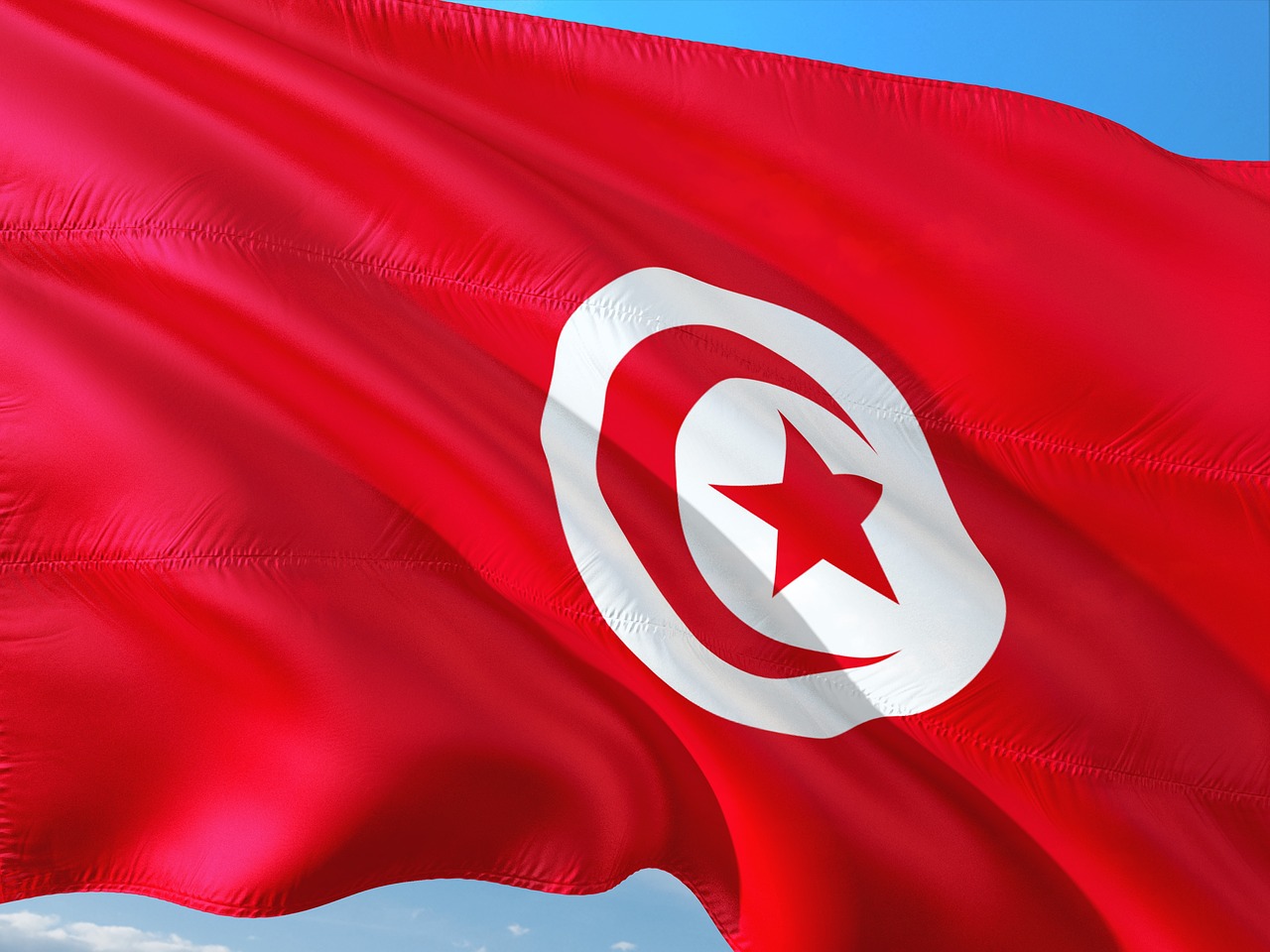
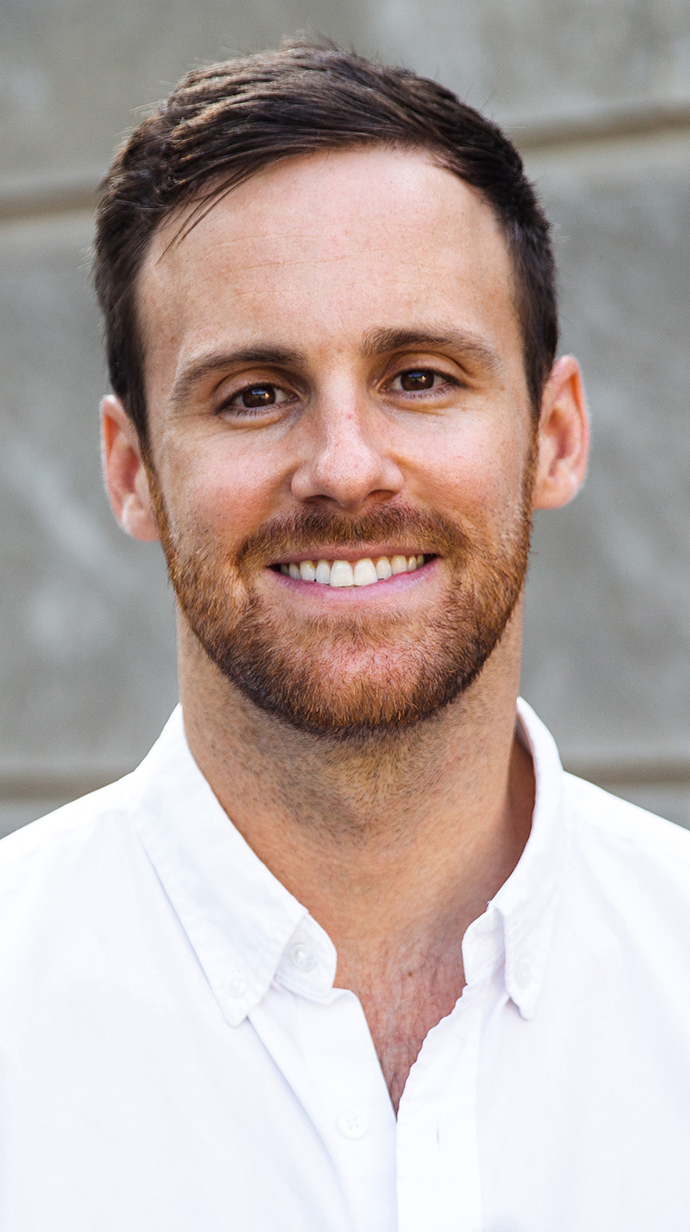


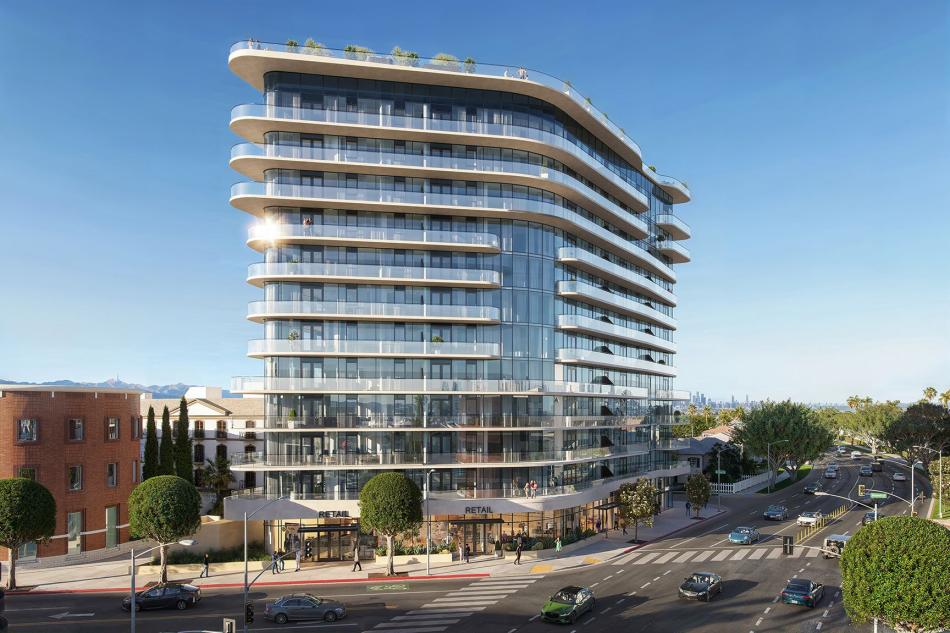
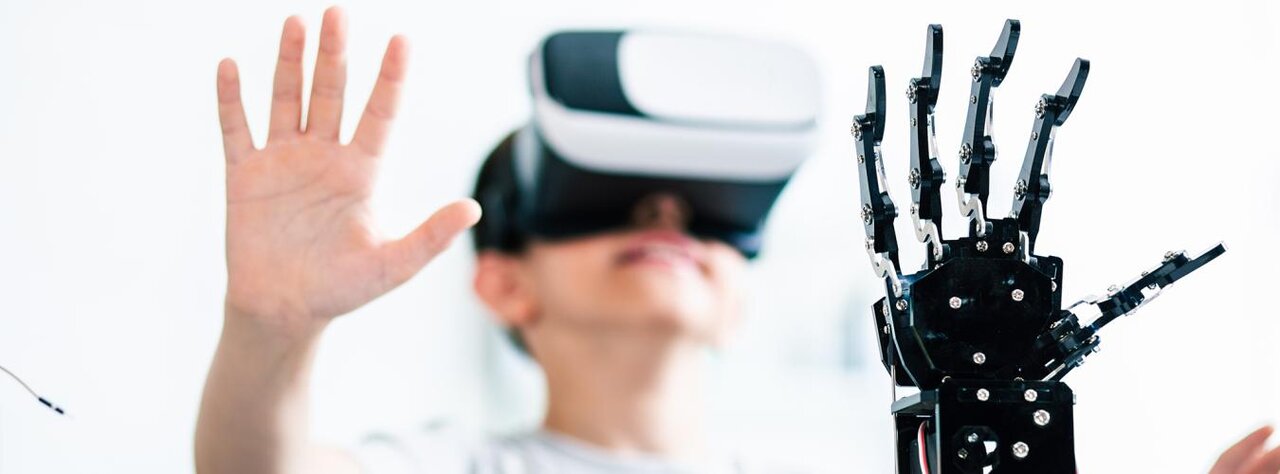






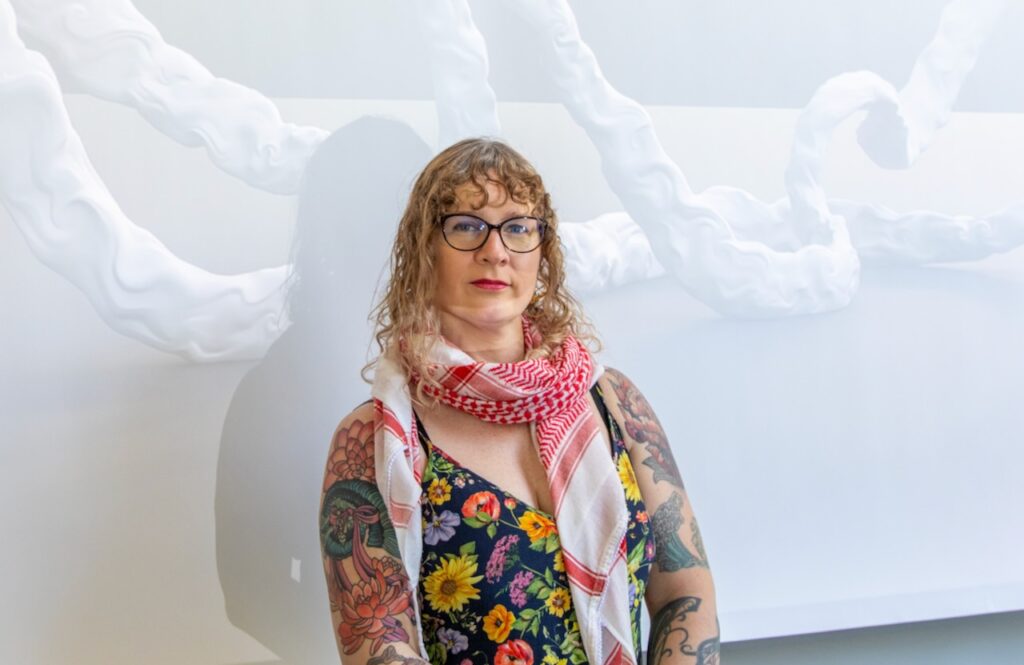


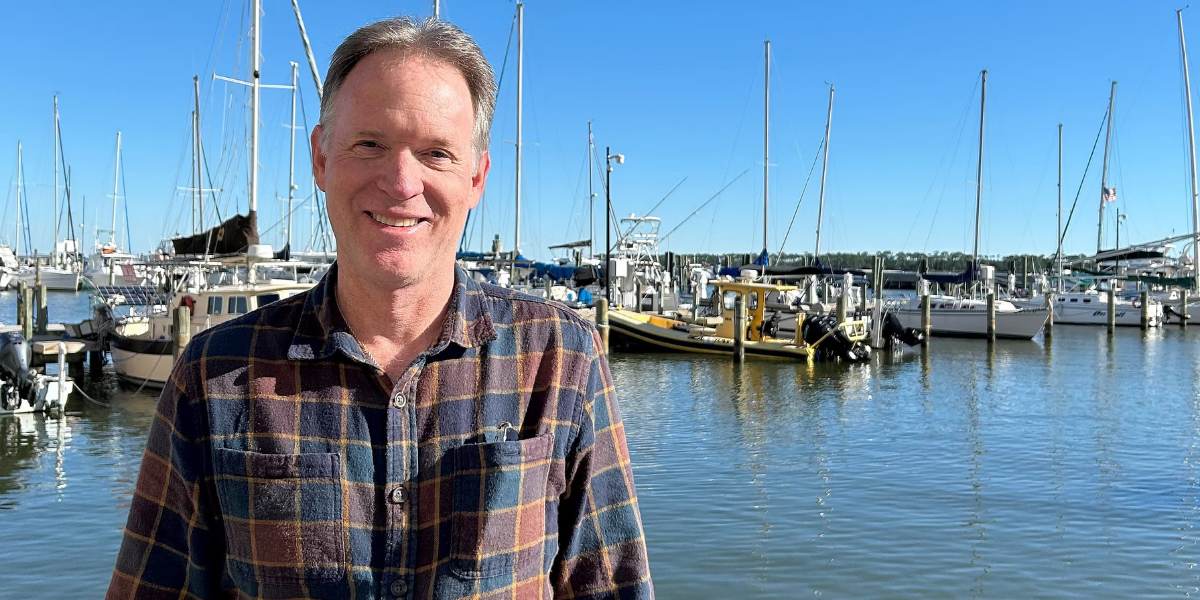

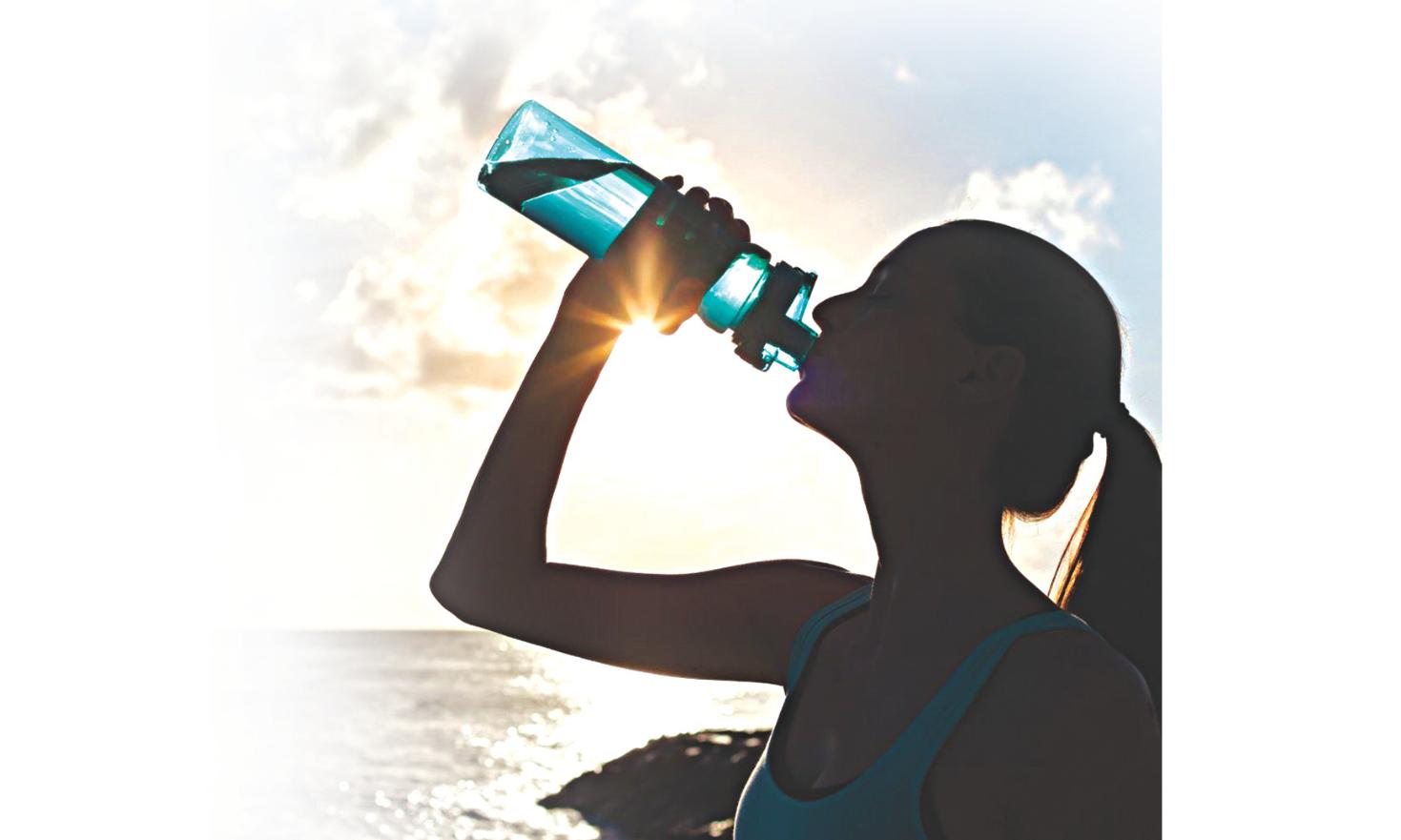






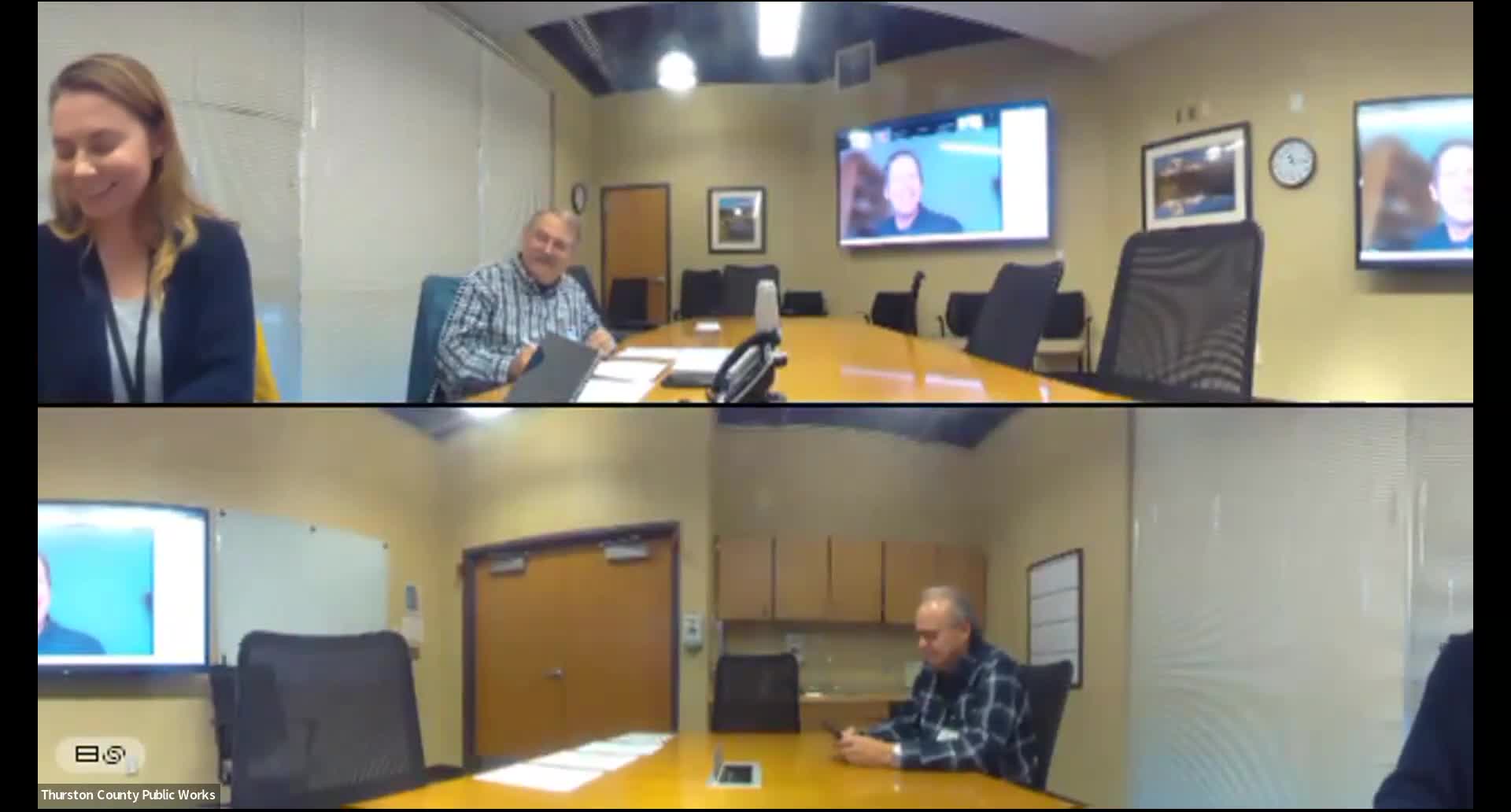
![Lancaster homeowner’s energy-efficient renovation sparks clash over historic preservation [Lancaster Watchdog] – LancasterOnline](https://bloximages.newyork1.vip.townnews.com/lancasteronline.com/content/tncms/assets/v3/editorial/9/ed/9ed03d32-c902-44d2-a461-78ad888eec38/69050b156baeb.image.png?resize=150,75#)



